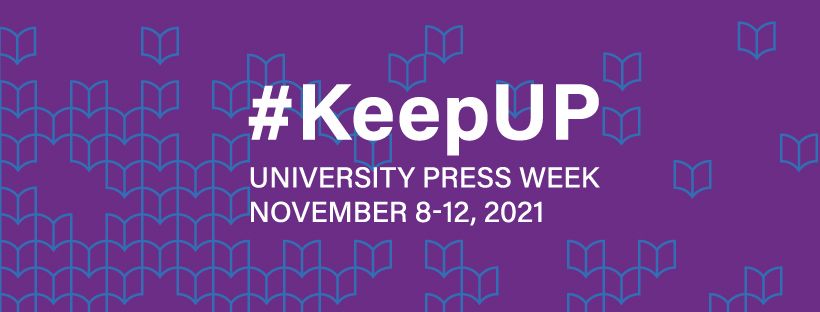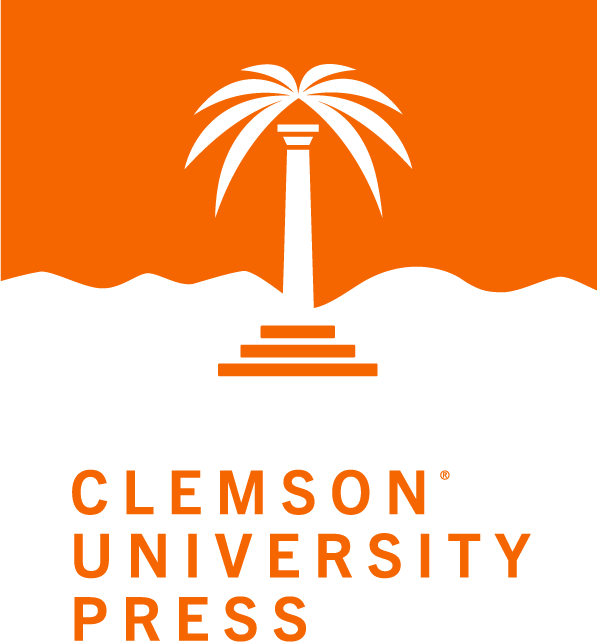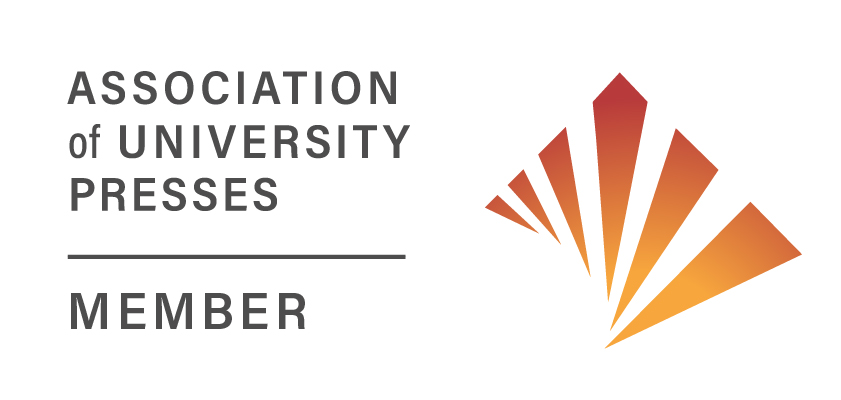 In celebration of the 10th anniversary of the Association of University Presses, the 2021 University Press Week theme “Keep UP” highlights the many ways university presses have evolved over the past decade. Clemson University Press recently joined forces with the Partnership Among South Carolina Academic Libraries (PASCAL) to establish a new imprint to publish open textbooks. Coauthored by John Morgenstern, Director of Clemson University Press, and Yang Wu, the 2021 Contributing Blog Editor of OER & Beyond and the Open Education Resources Librarian at Clemson University, this post explains the rationale for the imprint and how it will impact affordable learning in South Carolina. OER & Beyond first published a version of this post.
In celebration of the 10th anniversary of the Association of University Presses, the 2021 University Press Week theme “Keep UP” highlights the many ways university presses have evolved over the past decade. Clemson University Press recently joined forces with the Partnership Among South Carolina Academic Libraries (PASCAL) to establish a new imprint to publish open textbooks. Coauthored by John Morgenstern, Director of Clemson University Press, and Yang Wu, the 2021 Contributing Blog Editor of OER & Beyond and the Open Education Resources Librarian at Clemson University, this post explains the rationale for the imprint and how it will impact affordable learning in South Carolina. OER & Beyond first published a version of this post.
Efforts have been made to provide support to individual libraries, as well as faculty and other groups seeking to create open textbooks through the creation of larger partnerships around OER publishing. Notable examples include the Open Education Network and Rebus Community, communities of practice gathered around publishing and promoting open textbooks and offering training, guidance, and even platforms to support those who lack resources, know-how, or larger institutional support on open-textbook creation. Though these organizations provide critical training and assistance on OER publishing, they do not provide any funding. Largely voluntary communities, they also lack dedicated staff to support the timely production of open textbooks.
The past few years have seen the creation in the US of statewide initiatives to provide financial support for OER activities (Bell, 2020, 344). Affordable Learning Georgia, for instance, provides generous financial support in the form of grants to support OER publishing. In a trailblazing partnership with the University of North Georgia Press, these grants offer to recipients the support of publishing professionals to produce and promote their OER. (For more information, see UNG Press’s recent blog post about their partnership.) However, such arrangements are rare and limited to jurisdictions where the government has taken a strong interest in OER and allocated significant funding to support OER advocacy and publishing.
 Clemson University Press, a division of Clemson University Libraries, is collaborating with the Partnership Among South Carolina Academic Libraries (PASCAL), the state’s academic library consortium, to develop a new model to support OER publishing in states without heavy investment in OER. The Press, with initial funding from PASCAL, is launching a publishing imprint dedicated to open textbooks. Named after PASCAL’s affordable-learning program, SCALE (South Carolina Affordable Learning), the imprint provides an avenue for authors from any of the consortium’s 56 member institutions to publish open textbooks through the Press. Individuals and groups from member institutions submit proposals for textbooks, which are reviewed by a board of representatives from PASCAL-affiliate institutions. OER in the imprint will be published under the imprimatur of an R1 university following a rigorous peer-review process, ensuring a high quality comparable to commercial textbooks. PASCAL’s Affordable Learning Committee, which offers programming on OER to member institutions, will help to promote the published OER. PASCAL will also make the OER accessible through its ALMA/PRIMO Library Services and Discovery Platform, which is used by all member institutions, increasing their visibility in South Carolina. A recent member of the Open Education Network, PASCAL will also publicize them through the Open Textbook Library.
Clemson University Press, a division of Clemson University Libraries, is collaborating with the Partnership Among South Carolina Academic Libraries (PASCAL), the state’s academic library consortium, to develop a new model to support OER publishing in states without heavy investment in OER. The Press, with initial funding from PASCAL, is launching a publishing imprint dedicated to open textbooks. Named after PASCAL’s affordable-learning program, SCALE (South Carolina Affordable Learning), the imprint provides an avenue for authors from any of the consortium’s 56 member institutions to publish open textbooks through the Press. Individuals and groups from member institutions submit proposals for textbooks, which are reviewed by a board of representatives from PASCAL-affiliate institutions. OER in the imprint will be published under the imprimatur of an R1 university following a rigorous peer-review process, ensuring a high quality comparable to commercial textbooks. PASCAL’s Affordable Learning Committee, which offers programming on OER to member institutions, will help to promote the published OER. PASCAL will also make the OER accessible through its ALMA/PRIMO Library Services and Discovery Platform, which is used by all member institutions, increasing their visibility in South Carolina. A recent member of the Open Education Network, PASCAL will also publicize them through the Open Textbook Library.
Through the imprint, the Press and PASCAL hope to generate interest and foster buy-in for OER publishing. The imprint introduces representatives from a broad range of PASCAL institutions to the process of OER publishing; it also reinforces the value of textbooks tailored to local learners that meet the needs of industries in the state, such as advanced manufacturing and agriculture. The imprint also expects to transform representatives from PASCAL institutions into ambassadors for its cause, who will champion the value of professional OER publication at their institutions. These representatives can help local faculty integrate OER into their teaching and encourage their institutions to incentivize OER publishing by offering micro-grants to support publication in the imprint or by advocating for OER in the imprint to count as publications in the annual-review process. In these ways, the imprint provides inter-institutional infrastructure to maximize pre-existing investments in affordable learning across the state.
Conceived by Clemson University Press in 2020 and approved by PASCAL in 2021, the imprint will publish its first OER in 2022: the first of three open textbooks on robotics, an in-demand subject that helps support the burgeoning advanced manufacturing industry in South Carolina. These textbooks are also part of a project involving three South Carolina institutions, which has recently received the Department of Education’s Open Textbook Pilot grant. They are intended for technical colleges, four-year colleges, and institutions that offer graduate degree programs. (Please see Yang Wu and Matthew Boyer’s July 28th, 2021 blog for more details on the project.) The imprint, through the creation of professional-quality textbooks for this project and other open-textbook initiatives by South Carolina institutions, seeks both to transform thinking on open textbooks in the state and create a vibrant and enduring approach to OER publishing.
Works Cited
Bell, S. J. (2020). Getting organized for action: Governance structure models for statewide OER projects. Library Trends, 69(2), 343–369.
Okamoto, K. (2013). Making higher education more affordable, one course reading at a time: Academic libraries as key advocates for open access textbooks and educational resources. Public Services Quarterly, 9(4), 267–283. https://doi.org/10.1080/15228959.2013.842397
Santiago, A., & Ray, L. (2020). Navigating support models for OER publishing: Case studies from the university of houston and the university of washington. Reference Services Review, 48(3), 397–413, https://doi.org/10.1108/RSR-03-2020-0019
Sutton, S. C., & Chadwell, F. A. (2014). Open textbooks at Oregon State University: A case study of new opportunities for academic libraries and university presses. Journal of Librarianship and Scholarly Communication, 2(4), 34–48. https://doi.org/10.7710/2162-3309.1174

